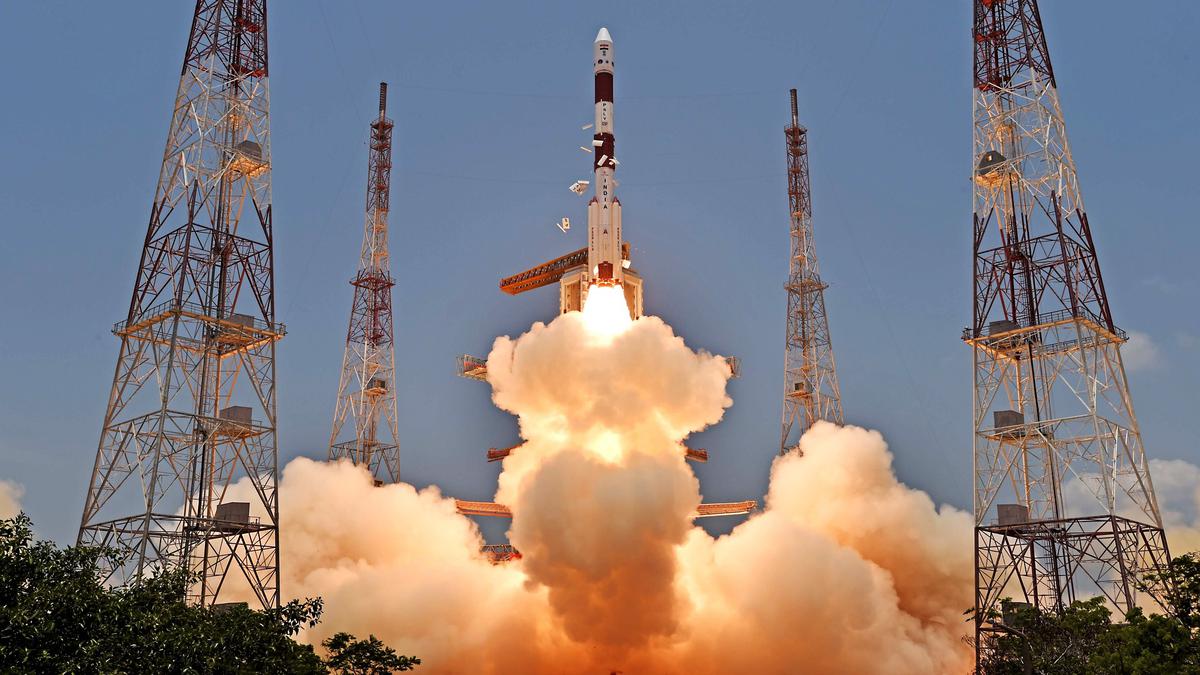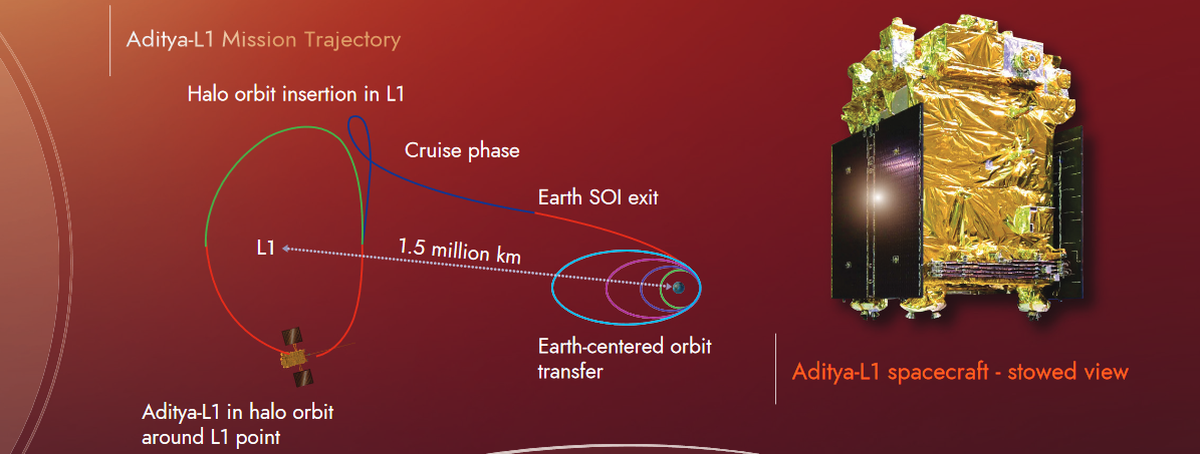Representative image.
| Photo Credit: Lucas Vasques/Unsplash
The allocations for the traditional science Ministries and departments in the Union Budget presented by Union Finance Minister Nirmala Sitharaman on Tuesday present a dull picture against the 2023-2024 figures. However, the picture brightens up if their continuing under-utilisation is taken into account.
The Department of Science and Technology (DST) received ₹8,029 crore, a marginal increase over the ₹7,931 crore from last year, but nearly two-thirds more than its utilisation of ₹4,891.78 crore.
Revenue expenditure under other scientific research accounts for the bulk of these numbers. The allocation for the National Quantum Mission jumped from zero last year to ₹427 crore this year. This Mission “aims to seed, nurture, and scale up scientific and industrial R&D and create a vibrant and innovative ecosystem in quantum technologies”. The Union Cabinet approved it in April 2023 with a total outlay of ₹6,000 crore over eight years.
The allocation for the Department of Biotechnology (DBT) has been cut from ₹2,683.86 crore to ₹2,275.7 crore this year, yet it had more than ₹1,000 crore in unspent funds last year. Notably, its allocation under biotechnology R&D has dropped from ₹1,345 crore last year to ₹1,100 crore this year and under ‘other scientific research’ from ₹2,472.97 crore to ₹2,087.26 crore this year as against a utilisation last year of ₹1,508.07 crore.
The Department of Scientific and Industrial Research (DSIR), which oversees the more than three dozen DSIR laboratories around the country, tells a different story. It overspent its allocation last year by 8% but has received only a 2% hike over that. The hike brings its allocation this year to ₹6,323.41 crore.
The Ministry of Earth Sciences (MoES) has been given ₹3,064.80 crore — a modest increase over its actual expenditure of ₹2,879.02 crore last year but a 7.6% cut from the budgeted value. The capital outlay on oceanographic research has increased by ₹53 crore to ₹280 crore whereas that for meteorology has dropped by ₹168 crore to ₹276.20 crore. Among other activities, the MoES is currently piloting the ‘Deep Ocean Mission’, to develop vehicles to explore the ocean, prospect for resources, and develop technologies to mine them. The Union Cabinet approved it in 2022 at a cost of ₹4,000 crore.
Including the respective allocations and utilisation by the Departments of Space (DoS) and of Atomic Energy (DAE), the total increase across all these departments and Ministries over the budgeted allocation last year is -1.3% whereas over the revised expenditure it is +20.85%.











